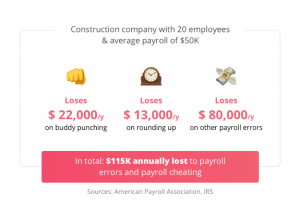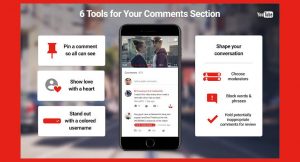While the word blogging is well-known and widely used in 2016, this generic description does little to capture the diversity of the discipline. After all, blogging can be practised in various ways and to achieve a number of alternative goals, while these subtle differences also impact on the effectiveness of your efforts.
There is a world of difference between business and personal blogging, for example, with the former capable of everything from driving traffic to converting leads. The diversity and potential impact of business blogging is reflected by the fact that 76% of B2B markets will produce more content this year than they did last, while analytics suggest that commercial websites with blogs have 434% more indexed pages on average.
Can Blogging still be a Lucrative Career Option? Here’s how
The same, compelling argument cannot be said for personal blogging, however, as while some may use this as a forum to educate readers the primary goal of this discipline is to generate income. While this remains one of multiple ways in which you can make additional cash in the digital age, it is also exceptionally challenging without adhering to several rules and stringent criteria.
With this in mind, here are three things to keep in mind when deciding to blog as a professional career: –
Make Blogging a full-time Commitment
According to the 2015 Women’s Blogging Industry and Business Annual Report, only 11% of all attendees earned more than $ 30,000 through their various outlets. A staggering 68% of bloggers earned less than $ 5,000, and these findings seem to reaffirm that it is harder than ever to make a viable living from this pastime.
Interestingly, 6% of big earners actually made more than $ 60,000 annually, with the majority of these individuals blogging full-time and committing to this as a career choice. Only an estimated 10% of respondents invested all of their time and capital into blogging, and this places the statistical evidence in an entirely different context. More specifically, the amount of money that you generate from a personal blog will correlate directly with the amount of time that you commit to it, so those who operate full-time will have a far greater chance of building a lucrative career.
This must be scaled, of course, so do not be afraid to launch your blog alongside a full-time career before scaling your efforts organically to generate income.
Understand the importance of Content and Contacts
While personal blogs need to be scaled gradually into full-time careers, there are other considerations that will determine precisely how much money you will earn through this medium. These universal metrics will apply regardless of the precise model that underpins your blog, while your ability to leverage them will translate directly into page views, reach and audience engagement.
The first of these is content, which is crucial for both B2B marketers and personal bloggers. From the latter perspective, it is important to draw from your expertise and experience, creating relevant and insightful content that truly engages a predetermined audience. This can then be leveraged to help monetise your blog, as you steadily build your ranking and offer viable advertising opportunities to brands.
From a contacts perspective, content can also be leveraged to build genuine and mutually beneficial relationships through social media and other blogging platforms. Sharing your content across an integrated social platform will enable your voice to reach a larger audience, attracting subscribers in a similar field. This creates multiple opportunities for monetisation, whether you offer paid posts to industry experts who wish to contribute to your blog or are allowed to publish on external sites and build a natural, back-link profile.
Have a Clearly defined Blogging Business Model
With high quality content and an active social network in place, the final step is to determine a clearly defined blogging business model and your precise combination of income streams. The majority of income will not come from blogging directly, and while there is no right or wrong way it is important to develop income streams that are sustainable in relation to your blog.
In terms of advertising (which is a staple and stabilising blogging income stream) experimentation with Google AdSense is key. This will help you to invest in superior ad positioning, ensuring that your blog benefits from an optimal number of click-throughs and an optimised revenue stream. Soliciting informative and reputable guest bloggers can also generate steady income once your blog has begun to garner some traffic, with paid content an excellent way for individuals to build organic links and engage consumers.
If you are someone who also sells products online as a sole trader, you can leverage your blog as a crucial informational source. Even if the blog sits separate to the channel through which you sell, blog provide an outstanding resource for building narratives and engaging potential customers with the story behind your product. This may also open up additional opportunities through affiliate sales, where you offer to sell alternative goods and promote these through your blog in exchange for a fixed commission fee on each unit sale.
Regardless of which model and combination of income streams that you choose, make sure that they are sustainable, manageable and most importantly relative to the content that you publish on a regular basis.
Digital & Social Articles on Business 2 Community(60)






